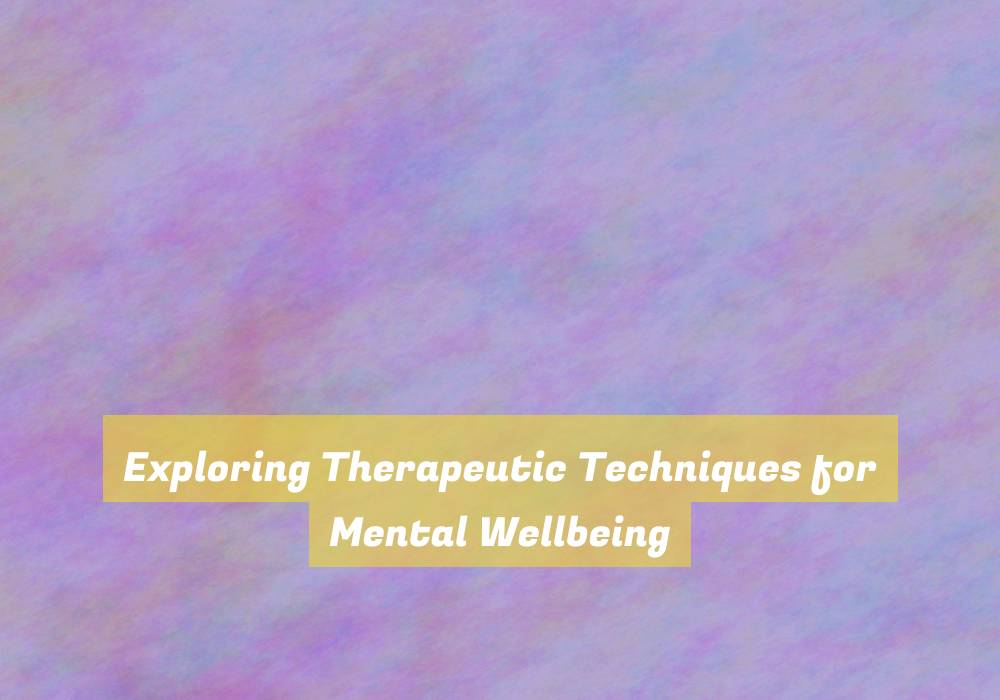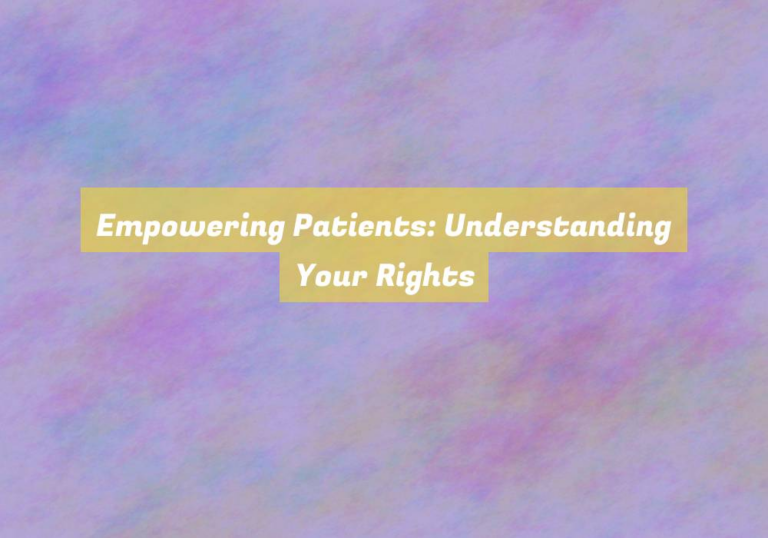Exploring Therapeutic Techniques for Mental Wellbeing
Did you know that according to the World Health Organization, depression is the leading cause of disability worldwide, affecting over 264 million people?
As you seek ways to improve your mental wellbeing, itG??s important to consider the diverse range of therapeutic techniques available.
From mindfulness practices to art therapy and cognitive-behavioral therapy, each approach offers unique benefits.
Exploring these techniques could provide valuable insights and tools for managing stress, anxiety, and other mental health challenges.
Mindfulness Techniques
To cultivate mindfulness, practice focusing on the present moment and acknowledging your thoughts and feelings without judgment.
Start by finding a quiet space and sitting or standing comfortably. Close your eyes and take a few deep breaths, feeling the air moving in and out of your body.
As you continue to breathe, bring your attention to the sensations in your body. Notice the feeling of your feet on the ground, the weight of your body in the chair, or the movement of your chest as you breathe.
When thoughts or emotions arise, observe them without getting caught up in their story. Simply acknowledge their presence and then redirect your focus back to the present moment.
This practice can help you become more aware of your thoughts and feelings without being overwhelmed by them. Over time, it can lead to greater clarity, emotional regulation, and a deeper sense of calm and well-being.
Cognitive-Behavioral Therapy
Cognitive-Behavioral Therapy (CBT) is a widely-used therapeutic approach that focuses on identifying and changing negative thought patterns and behaviors. It operates on the premise that our thoughts influence our feelings and behaviors. CBT aims to help you recognize and challenge these negative thought patterns, replacing them with more constructive and balanced thinking. Through this process, it can empower you to develop healthier coping strategies and responses to challenging situations.
In CBT, you work collaboratively with a therapist to set specific, achievable goals and develop personalized strategies to address your unique concerns. By actively engaging in this process, you can gradually reframe your thinking and modify behaviors that may contribute to distress. CBT can be particularly effective in treating anxiety, depression, and various mood disorders. It equips you with practical skills to manage symptoms and improve your overall mental wellbeing.
Additionally, CBT can be a short-term, solution-focused therapy, making it a valuable option for individuals seeking practical tools for navigating their mental health challenges.
Art Therapy for Mental Wellbeing
Exploring creative expression through art can be a powerful therapeutic tool for improving mental wellbeing. Engaging in art therapy allows you to express and process complex emotions that may be difficult to articulate verbally. Through painting, drawing, sculpting, or other forms of artistic expression, you can tap into your inner thoughts and feelings, gaining insight into your mental state and finding a sense of release. Art therapy provides a non-verbal outlet for communication, enabling you to explore and confront subconscious issues in a safe and supportive environment.
Moreover, participating in art therapy can help you reduce stress and anxiety levels. The act of creating art can be meditative, promoting mindfulness and relaxation. As you focus on the creative process, your mind can find respite from the pressures of daily life, fostering a sense of calm and tranquility. Additionally, art therapy encourages self-discovery and self-esteem building, empowering you to gain a deeper understanding of yourself and your experiences.
Incorporating art therapy into your mental wellbeing regimen can complement other treatment approaches, offering a unique avenue for self-exploration and emotional healing.
Meditation Practices
Engage in regular meditation practices to cultivate mindfulness and promote mental clarity and emotional balance. Meditation is a powerful tool for improving mental wellbeing.
By setting aside just a few minutes each day to meditate, you can reduce stress, anxiety, and depression. Through the practice of meditation, you can train your mind to focus on the present moment, letting go of negative thoughts and emotions. This can lead to a greater sense of calm and inner peace.
There are various meditation techniques to explore, such as mindfulness meditation, loving-kindness meditation, and body scan meditation. Find a technique that resonates with you and incorporate it into your daily routine. Whether you prefer to meditate in complete silence or with the help of guided meditation recordings, the key is consistency.
Meditation can also enhance self-awareness, allowing you to better understand your thoughts and feelings. This self-awareness can lead to improved emotional regulation and a greater ability to cope with lifeG??s challenges.
Conclusion
Overall, exploring therapeutic techniques for mental wellbeing can greatly benefit individuals seeking support. Whether itG??s through mindfulness techniques, cognitive-behavioral therapy, art therapy, or meditation practices, there are various options available to help improve mental health.
ItG??s important to find the right approach that works for you and to seek professional guidance when needed. Taking care of your mental wellbeing is essential for a balanced and fulfilling life.






Your insights into the impact of depression and the therapeutic techniques available to address mental health challenges resonate deeply with me. The statistic you quoted from the World Health Organization underscores a crucial aspect of our modern society that often goes overlooked: the pervasive nature of mental health issues. It’s a reminder of the importance of empathy and understanding, not just in our personal lives but also in public policy and community support systems.
It’s heartening to hear that the insights in the article resonate with you. The statistic from the World Health Organization really puts things into perspective, doesn’t it? Mental health challenges are woven into the fabric of our daily lives, even if they aren’t always visible.